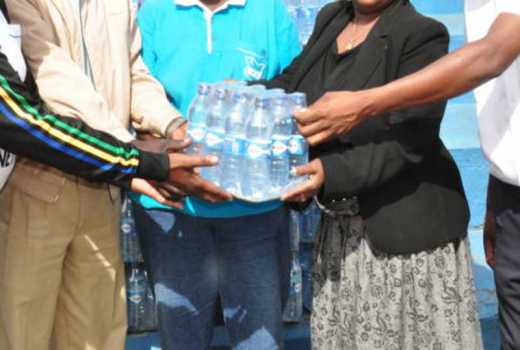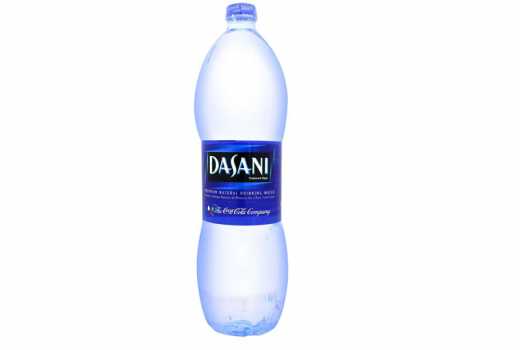
Soft Drinks Company Coca-Cola has admitted there’s presence of micro-plastics in Dasani drinking water.
The admission by the giant manufacturer comes after a study released on 15 March revealed that 93% of bottled water tested showed signs of micro plastic contamination.
In the largest investigation of its kind, 250 bottles bought from 19 locations in nine different countries were examined by scientists based at the State University of New York and only 17 bottles were free of plastics.
Water sourced in Kenya topped in the concentration of micro plastics in Dasani with 335 plastic pieces for every litre.
Speaking to BBC, Coca-Cola pointed out that it had some of the most stringent quality standards in the industry.

However, the company acknowledged that microplastics "appear to be ubiquitous and therefore may be found at minute levels even in highly treated products."
Sherri Mason, a professor of chemistry at the University of New York who conducted the analysis told BBC News that "we found (plastic) in bottle after bottle and brand after brand. It's not about pointing fingers at particular brands; it's really showing that this is everywhere, that plastic has become such a pervasive material in our society, and it’s pervading water - all of these products that we consume at a very basic level."
The study commissioned by a non-profit media organisation Orb analysed bottled water sourced from Kenya, Indonesia, India, the US, Lebanon, Thailand, China, Mexico, Brazil and e-commerce platform Amazon.
Currently, there is no evidence that ingesting very small pieces of plastic (microplastics) can cause harm.
 The Standard Group Plc is a multi-media organization with investments in media
platforms spanning newspaper print
operations, television, radio broadcasting, digital and online services. The
Standard Group is recognized as a
leading multi-media house in Kenya with a key influence in matters of national and
international interest.
The Standard Group Plc is a multi-media organization with investments in media
platforms spanning newspaper print
operations, television, radio broadcasting, digital and online services. The
Standard Group is recognized as a
leading multi-media house in Kenya with a key influence in matters of national and
international interest.
